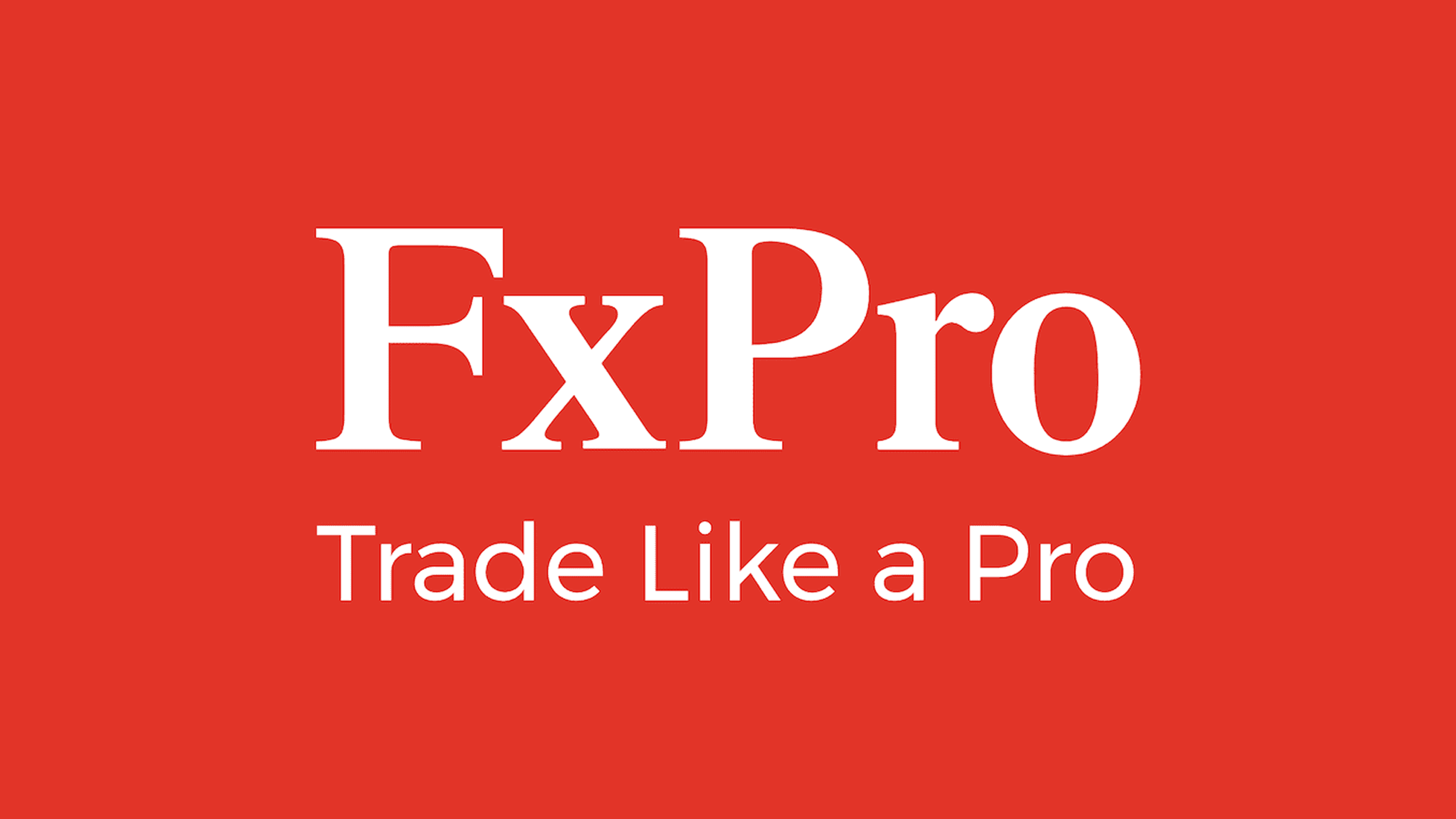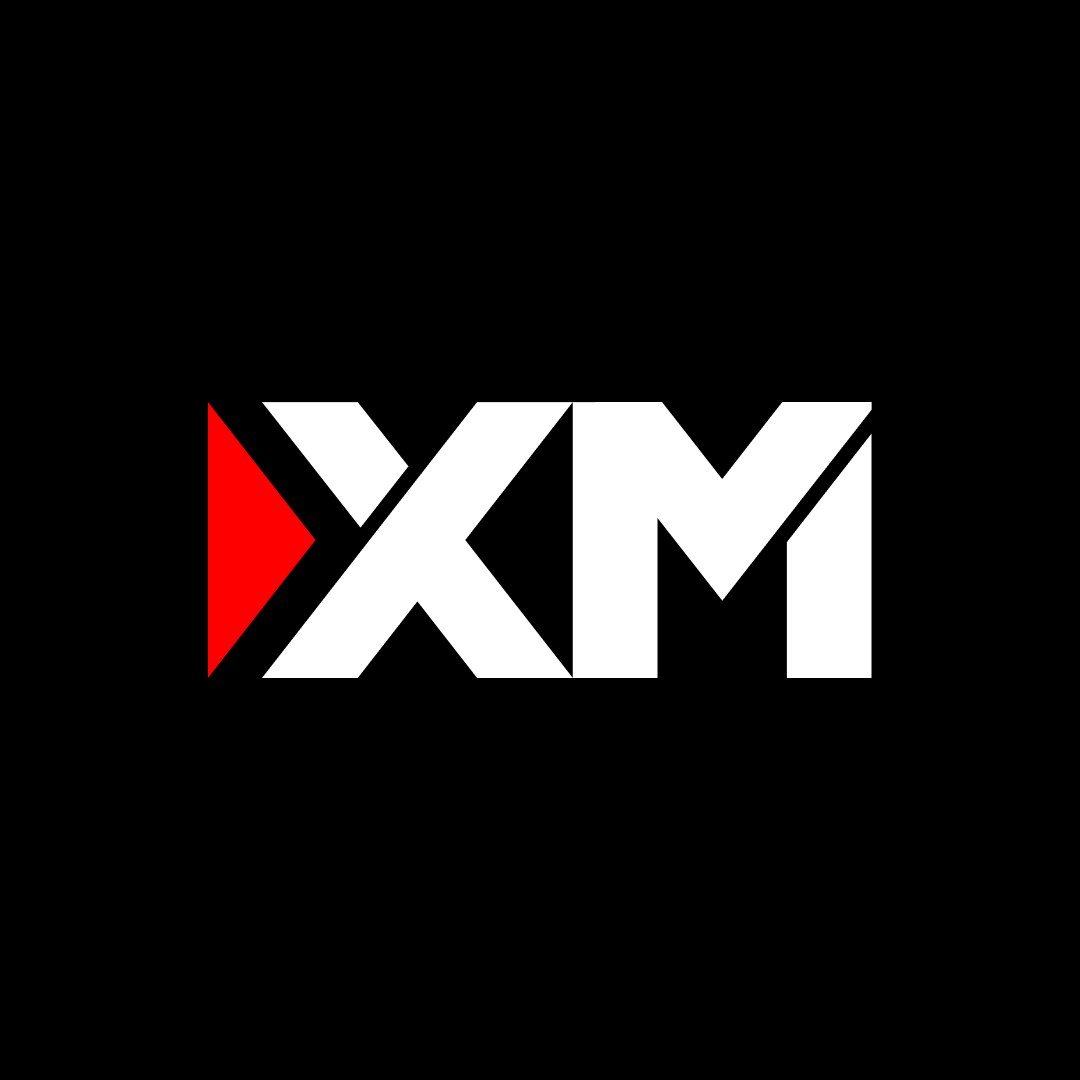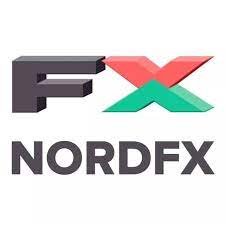The People’s Republic of China stands tall because it is the world’s second-largest economy in terms of its nominal Gross Domestic Product. Additionally, according to IMF (International Monetary Fund), it is the world’s largest economy by purchasing power parity. China has been able to maintain the value of its currency by ensuring that there is a substantial supply of the dollar at its reserve for foreign exchange. The offering of Forex brokerage services in China has never been conducive for international companies due to the restrictions placed on these global Forex brokers. In turn, the Forex brokers in China have been working with local companies who work to introduce local Chinese clients to these firms. Since businesses and clients in China rely more on trust, they can gain a significant following in the Chinese market. The growth of China as a large international trading partner has also made the Yuan a highly traded currency, which has also made the Chinese market an attractive option for Forex brokers. The table below shows some of the top Forex brokers in the People’s Republic of China.
Best Forex Brokers in China
-

Extensive Range of Tradable Instruments
-

Competitive Trading Conditions & Accounts
-

Versatile Trading Platforms
-

Regulated by an Offshore Regulator
-

Limited Demo Account
-
Free VPS hosting
-
24/7 instant money withdrawal
-
Specialized trading accounts
-

Extensive Range of Tradable Instruments
-

Competitive Trading Conditions & Accounts
-

Versatile Trading Platforms
-

Regulated by an Offshore Regulator
-

Limited Demo Account
- Withdraw fee1%
- Deposit fee$0
- Max Leverage1:2000
-

Competitive Trading Conditions
-

Wide Range of Tradable Instruments
-

Advanced Trading Platforms
-

Limited Regulatory Oversight for Some Entities
-

Limited Educational Resources for Beginners
-

Mixed User Reviews
-
Specialized trading accounts
-
24/7 instant money withdrawal
-
Free VPS hosting
-

Competitive Trading Conditions
-

Wide Range of Tradable Instruments
-

Advanced Trading Platforms
-

Limited Regulatory Oversight for Some Entities
-

Limited Educational Resources for Beginners
-

Mixed User Reviews
- Withdraw fee$0
- Deposit fee$0
- Max Leverage1:2000
-

Competitive Spreads
-

Comprehensive Educational Resources
-

Robust Customer Support
-

Limited Deposit and Withdrawal Options
-

Occasional Platform Glitches
-

Limited Regulatory Oversight in Certain Regions
-
Specialized trading accounts
-
Free VPS hosting
-
24/7 instant money withdrawal
-

Competitive Spreads
-

Comprehensive Educational Resources
-

Robust Customer Support
-

Limited Deposit and Withdrawal Options
-

Occasional Platform Glitches
-

Limited Regulatory Oversight in Certain Regions
- Withdraw fee$0
- Deposit fee$0
- Max Leverage1:1000
-

Regulated by Multiple Tier-1 Authorities
-

Competitive Trading Conditions
-

Wide Range of Trading Platforms
-

Higher Commissions on Certain Platforms
-

Limited Educational Resources Compared to Other Brokers
-

Not Available Worldwide
-
24/7 instant money withdrawal
-
Specialized trading accounts
-
Free VPS hosting
-
High leverage
-

Regulated by Multiple Tier-1 Authorities
-

Competitive Trading Conditions
-

Wide Range of Trading Platforms
-

Higher Commissions on Certain Platforms
-

Limited Educational Resources Compared to Other Brokers
-

Not Available Worldwide
- Withdraw fee$0
- Deposit fee$0
- Max Leverage1:10000
-

Regulated by Top-tier Authorities
-

Low Spreads and Commissions
-

Popular Trading Platforms
-

Limited Asset Coverage
-

Platform Selection Limited
-
Specialized trading accounts
-
Free VPS hosting
-
24/7 instant money withdrawal
-

Regulated by Top-tier Authorities
-

Low Spreads and Commissions
-

Popular Trading Platforms
-

Limited Asset Coverage
-

Platform Selection Limited
- Withdraw fee$0
- Deposit fee$0
- Max Leverage1:888
-

Provides trading aids and resources such as risk depth, spread monitoring, and risk calculator.
-

Offers low average spreads and competitive pricing for all account types.
-

Provides plugins for third-party research and trading tools.
-

Limited product offerings.
-

No investor protection for traders outside the European Union.
-

No weekend trading, extra bonuses or promos.
-
Specialized trading accounts
-
Tight Spreads
-
Low commissions
-

Provides trading aids and resources such as risk depth, spread monitoring, and risk calculator.
-

Offers low average spreads and competitive pricing for all account types.
-

Provides plugins for third-party research and trading tools.
-

Limited product offerings.
-

No investor protection for traders outside the European Union.
-

No weekend trading, extra bonuses or promos.
- Withdraw fee$0
- Deposit fee$0
- Max Leverage1:500
-

Unlimited demo account: Both new and experienced traders can access the different HYCM demo accounts across the broker’s platform for as long as they like. This will help new players become better skilled and experienced players more familiar with the various trading environments on the platform.
-

Supports multiple languages: Another HYCM bonus is its earned regulatory approval in 140 countries. This strongly indicates the broker’s versatility. Depending on the traders’ nationality, anyone can enjoy full access to the trading platform in their preferred language.
-

Long-standing reputation: With over 40 years in the financial industry, HYMC stands tall as an industry leader that has stood the test of time. Its financial services have also improved over the years to increase the platform’s functionality and create an enjoyable trading experience.
-

Customer support is unavailable during weekends: Since the broker offers financial services for some trading instruments that operate 24/7, customer support must be available round the clock. However, HYMC’s customer support services across all platforms are only available on weekdays. This means traders have to wait till weekdays to access customer support if the need arises on weekends.
-
24/7 instant money withdrawal
-

Unlimited demo account: Both new and experienced traders can access the different HYCM demo accounts across the broker’s platform for as long as they like. This will help new players become better skilled and experienced players more familiar with the various trading environments on the platform.
-

Supports multiple languages: Another HYCM bonus is its earned regulatory approval in 140 countries. This strongly indicates the broker’s versatility. Depending on the traders’ nationality, anyone can enjoy full access to the trading platform in their preferred language.
-

Long-standing reputation: With over 40 years in the financial industry, HYMC stands tall as an industry leader that has stood the test of time. Its financial services have also improved over the years to increase the platform’s functionality and create an enjoyable trading experience.
-

Customer support is unavailable during weekends: Since the broker offers financial services for some trading instruments that operate 24/7, customer support must be available round the clock. However, HYMC’s customer support services across all platforms are only available on weekdays. This means traders have to wait till weekdays to access customer support if the need arises on weekends.
- Withdraw feeNo
- Deposit feeNo
- Max Leverage1:400
-

Top-Tier Regulation
-

Low Forex Fees
-

No Withdrawal Fees
-

High Stock CFD Fees
-

Limited Product Portfolio
-

User Interface Could Be More Intuitive
-
Specialized trading accounts
-
24/7 instant money withdrawal
-

Top-Tier Regulation
-

Low Forex Fees
-

No Withdrawal Fees
-

High Stock CFD Fees
-

Limited Product Portfolio
-

User Interface Could Be More Intuitive
- Withdraw fee$0
- Deposit fee$0
- Max Leverage1:50
-

Regulated by multiple authorities
-

Offers a wide range of assets, including cryptocurrencies, stocks, indexes, metals and oil
-

Multiple trading platforms are available, including MetaTrader 4, MetaTrader 5 and MetaTrader 5 web
-

Limited educational resources for beginners
-

Limited research tools
-

Limited customer support options compared to some other brokers
-
Free VPS hosting
-
Specialized trading accounts
-
24/7 instant money withdrawal
-

Regulated by multiple authorities
-

Offers a wide range of assets, including cryptocurrencies, stocks, indexes, metals and oil
-

Multiple trading platforms are available, including MetaTrader 4, MetaTrader 5 and MetaTrader 5 web
-

Limited educational resources for beginners
-

Limited research tools
-

Limited customer support options compared to some other brokers
- Withdraw fee$0
- Deposit fee$0
- Max Leverage1:1000
-

No obligation demo accounts with US$50,000 of virtual funds to practice with
-

24/5 Customer support available
-

Multilingual support in 14 languages
-

Limited trading platform options
-

Limited trading instruments
-

Only forex and CFD trading
-
24/7 instant money withdrawal
-
Free VPS hosting
-
Specialized trading accounts
-

No obligation demo accounts with US$50,000 of virtual funds to practice with
-

24/5 Customer support available
-

Multilingual support in 14 languages
-

Limited trading platform options
-

Limited trading instruments
-

Only forex and CFD trading
- Withdraw feeN/A
- Deposit feeN/A
- Max LeverageN/A
History of Forex Trading Brokers in the People’s Republic of China
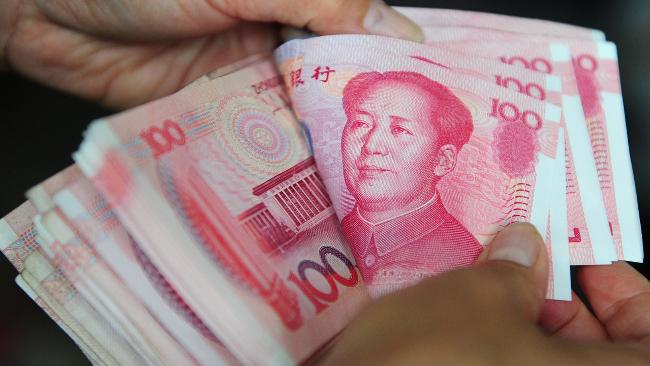
Starting in 1949, China’s currency was unconvertible, making countertrade the only form of exchange, meaning that rather than the purchase of currency, the exchange of goods was the employed form of international trade, after which People’s Bank of China was founded and started trading with western countries. It was the only institution at that time that was allowed to handle financial transactions with the management of foreign exchange as one of its major roles. This period was also marked by a low foreign direct investment (FDI) of less than $300 million as a result of a closed economy which was characterized by anti-foreign policies. Starting in 1980, an open-door policy was initiated by Deng Xiaoping which was focused on encouraging foreign investment and trade. Reforms were made in China’s economy, which liberalized trade contributing to its massive growth.
Also, the establishment of special economic zones which were meant to register rapid economic growth by allowing both domestic and international trade to be conducted without the approval of the Chinese central government led to an increase in the FDI. Challenges in converting the Renminbi (RMB) into other currencies saw the birth of a dual currency system in China which involved of issuance of Foreign Exchange Certificates (FECs) which worked like currency to foreigners. The FECs worked in such a way that foreigners were required to exchange their currencies for FECs which they would later use to make payments similar to how the citizens would use RMBs. From the 1980s, efforts were made to make all forex trade under the management of the State Administration of Exchange Control (SAEC) to increase the People’s Republic of China’s foreign reserves, mitigating forex speculation, and prohibiting the entry of foreign goods into China.
China’s FX system, however, met challenges in the swap market system which mainly involved the exchange of economic instruments. In addition, the irreversible nature of the RMB posed more difficulties, not forgetting the difference in currency values caused by the existence of the black market. The constraints seemed to be unending as more investors in the People’s Republic of China continued investing overseas, as the black market blossomed, the swap rates even became lower than the set official rates, eventually leading to a rapid flow of assets out of PRC’s economy.
This saw several reforms being made in China’s forex market in 1994, whereby the Renminbi was devalued by 33%. Forex certificates were eliminated and a new inter-trade banking system was established. The system was known as China Foreign Exchange Trading System (CFETS). The system was introduced in a bid to meet market demands at different levels. CFETS’ setup presented a foreign exchange trade system for the US Dollar, Hong Kong Dollar, and the Japanese Yen against the Renminbi by 1996. In the same year, credit lending systems started via the CFETS. 1997 was a remarkable year for PRC’s FX market as it is when interbank bond trading started, followed by RMB voice broking in 2001. Foreign exchange broking services began in 2002 which resulted in a trade of the Euro and the RMB.
China still maintains a closed economic system and for this reason, the movement of assets in and out of the country has to be by strict regulations. Which is aimed at fostering sound economic development by developing foreign exchange administration and striking a balance in payments. This has ensured a substantial level of stability in the PRC’s financial institutions.
People’s Republic of China’s Forex Brokers Regulations
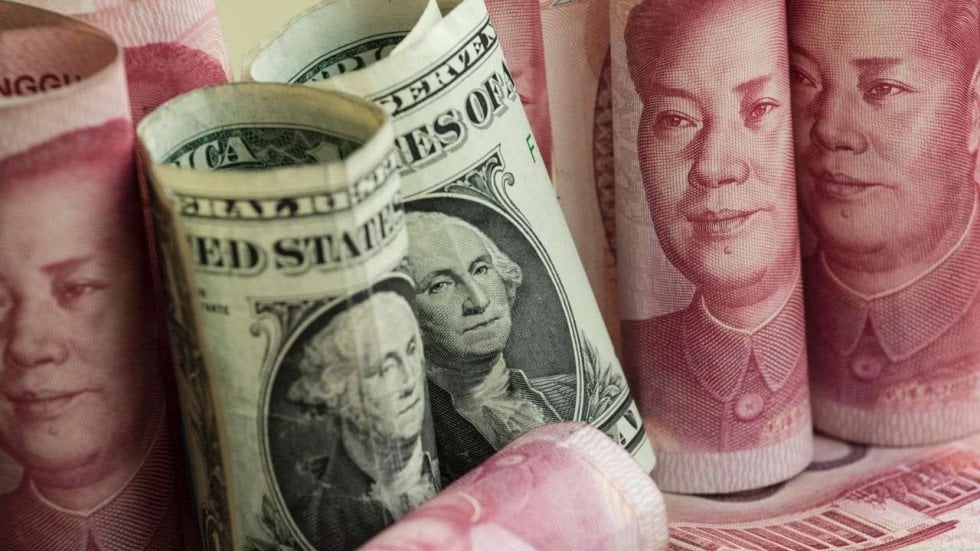
As China surges forward towards a more pliable currency system, there is still a need to protect the existing one. For this reason, there is a need for forex brokers, which are firms or companies that avail access to trading platforms for currency traders, to adhere to regulations put in place by the State Administration of Foreign Exchange (SAFE).
The following are some of PRC’s FX regulatory bodies
China Banking Regulatory Commission (CBRC)
CBRC is a regulatory agency that has been approved by the State Council of the People’s Republic of China to modulate the banking sector of the country except for special administration areas such as Macau and Hong Kong. It came into existence back in 2003 as a result of business malpractices in China as a way of combatting financial crimes.
CB RC’s duties are:
- To come up with regulations that will be used to manage the banking institutions.
- To carry out surveillance both on and off-site and take action on groundbreaking behaviors
- Provide suggestions on resolutions to be employed by the regulations in the event of a problem
- Management of supervisory boards as assigned by the State Council
National Internet Finance Association of China (NIFA)
NIFA is a regulatory organization that is aimed at safeguarding internet finance, established by the People’s Bank of China in 2015. It works under the stipulations set in (2015 No.221) driven towards nurturing healthy growth in internet finance.
NIFA’s responsibilities include:
- Safeguarding the Internet finance industry by encouraging equitable competence and carrying out research and finding ways to curb problems
- Formulate anticipated code of conduct in the business and manage its implementation
- Coordinate interactions between NIFA, members, and the relevant authorities in a bid to enhance the implementation of regulations by acting as a link
- Directing its members in attaining knowledge on internet finance policies and implementing them
China Insurance Regulatory Commission (CIRC)
The China Insurance Regulatory Commission (CIRC) has been in operation since 1998 with its main function being to ensure sound management and operations of the insurance industry in the PRC, having 31 offices situated in all the provinces. The agency is also approved by the State Council of China. Its core functions are to:
- Supervise the insurance industry by formulating laws, rules, and regulations.
- Regulate insurance prices
- Set a guide for speculation, risk, information, and supervision for the industry
- To keep an eye on malpractices and give consequential punishment to non-compliance
China Securities Regulatory Commission (CSRC)
CSRC is a public institution that is a ministry-based agency with an obligation to serve regulatory functions over the securities market of the PRC. Its core function is to ensure that future markets and securities are in order and that legal activities are maintained in the capital markets. CSRC is obligated to;
- Create policies in light of future markets and securities and also give suggestions on modification of rules associated with regulation of the markets.
- Ensure that the companies live up to the rules and laws of the particular industry and govern their behavior
- Ensure competence in the management of securities and futures markets in alignment with the regulations put in place.
- Observe international operations of domestic firms and ensure that they are by the regulations set
What does it take to become a forex broker in China?
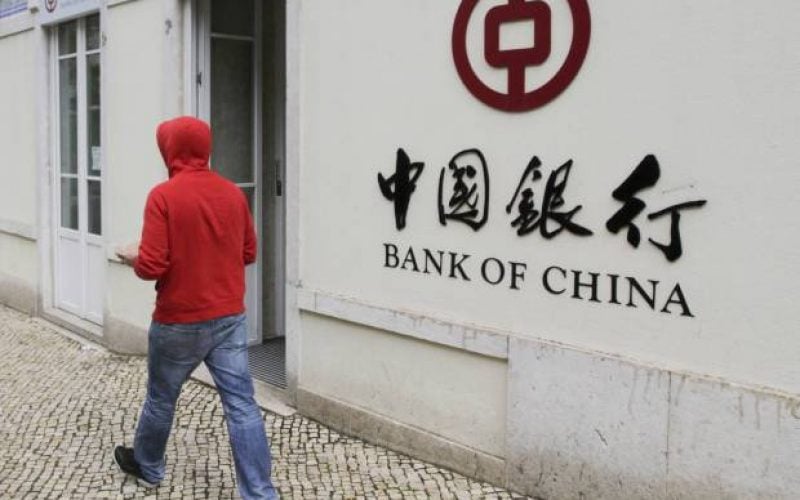
Some requirements cannot be overlooked when becoming an FX broker in China.
Extensive knowledge of the market saturation
A broker must be familiar with the competition in the forex market. The market is already flocked. Knowledge of the market will help in designing ways in which a broker can gain a competitive advantage.
Partners
To guarantee the success of an FX broking firm, investment in a reliable consultant is paramount. Brokers should be very careful in selecting partners and consultants whose focus is not on siphoning financial benefits from your company. Partners are vital for the smooth flow of operations of a forex broker.
Regulations and company setup
For a forex broker to kick-start its operations, it needs to be licensed and incorporated by an approved regulatory body. This is where the partners come into play. They will advise on the most beneficial organization to get incorporated in.
Bank and payment accounts
Every broker requires a means of making deposits and withdrawals. While it is challenging to find a bank that is willing to open accounts for FX brokers, it is essential to note that most of them are more confident in facilitating businesses for companies incorporated in organizations with tight regulatory measures.
Trading platforms
One may be spoilt for choice in selecting a trading platform to work with. However, a broker must settle for one with both popularity and effective functionality.
Limitations in comparison to other countries/ scams
The peculiar nature of PRC’s foreign exchange trade regulations has seen the economy attract several scams as the traders aim to keep up with most Western countries. Some of them are:
Avoidance of foreign exchange laws
Chinese regulatory laws limit individuals to only being able to withdraw a maximum of $50,000 annually in foreign exchange. Well, this has proven to be a problem, especially for the rich population. They have in turn been forced to become innovative in finding alternatives that will enable them to withdraw more than the stipulated amount. People are using methods such as splitting money among friends and family, making it way easier to withdraw excess amounts. Another way is employing the services of underground money changers. Also, private banking has been used as a means of moving money, whereby one opens a private account with the same bank overseas and transfers the money. Last but not least, risk enthusiasts, prefer hauling with cash.
Restrictions on overseas cash withdrawal
China reinforced regulations on the withdrawal of funds from overseas using PRC bank cards. The regulations state that one may only be able to withdraw a maximum of US$15,530 which is an equivalent of RMB 100,000 in a year, the consequences being a ban from withdrawal that lasts a year. The restrictions have been set to mitigate terrorism, tax evasion, and money laundering.
Popular forex brokers in China
ETX Capital
ETX Capital boasts access to over 5000 FX markets that uses an MT4 platform designed by experts. ETX Capital’s platform allows automated trading and offers customizable charts to suit individual traders’ preferences. ETX has won financial awards, something that just proves how effective and efficient it is for FX trade.
IG
IG is an FX broker that has earned the trust of over 185, 000 users who enjoy an MT4 trade platform that is ProRealTime. IG has availed extensive trading options for forex traders by designing powerful applications that facilitate trade on gadgets on the go. IG is also regulated by the Financial Conduct Authority in the UK and has a reliable support team that works round the clock to offer assistance and ensure the service satisfaction of the traders.
Plus500
Plus500 is a UK-based FX broker that offers traders leverage and reliable execution of orders. It is regulated by the Financial Conduct Authority which boasts a client base that is over 1 million who are offered Contracts for Difference which delivers services on forex among other instruments.




